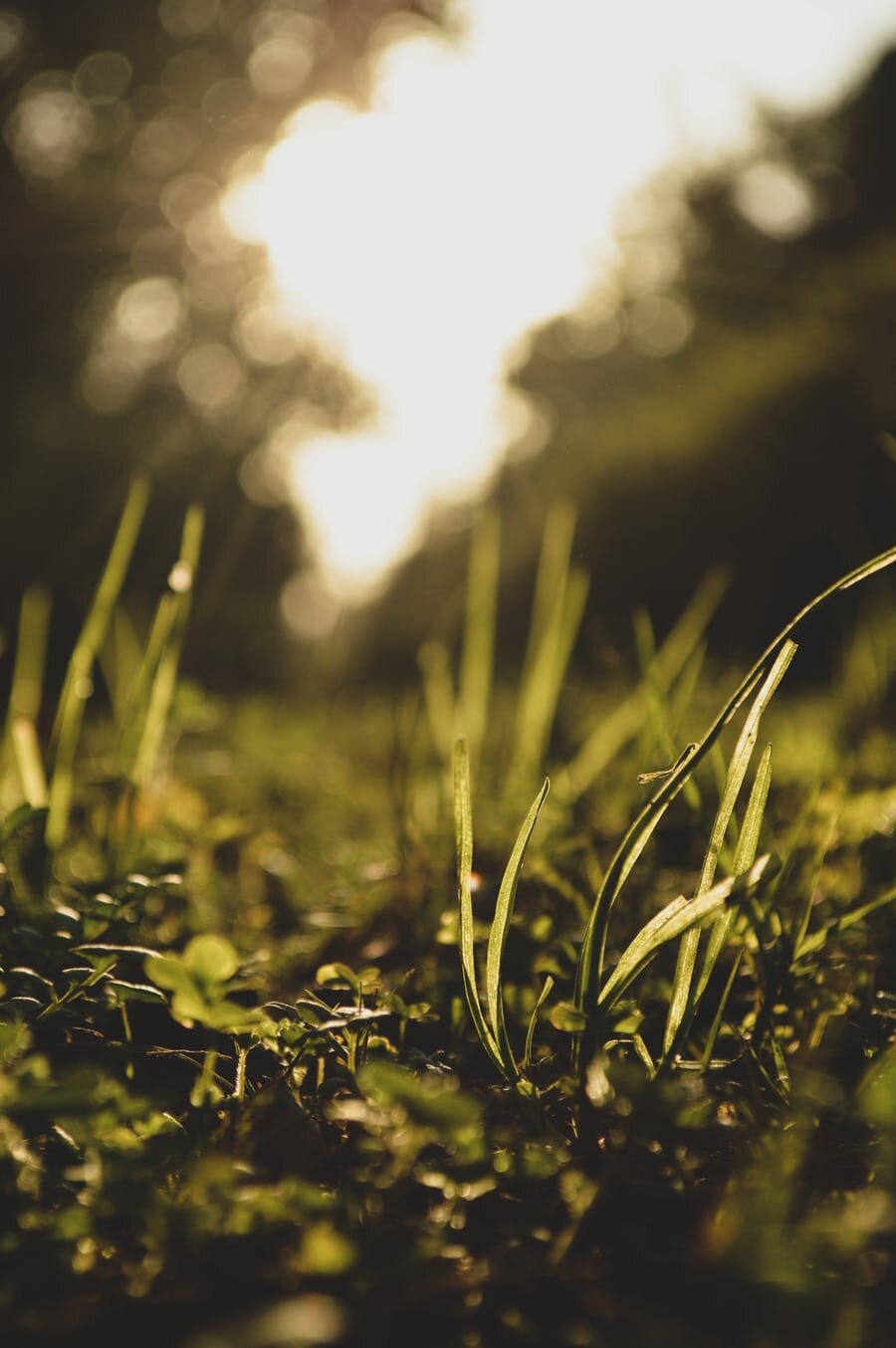
innovating for long-term business success
I helped Koskenkorva aligning their activities with a more sustainable innovation, that will make them thought leaders of tomorrow, and ultimately helped drive innovation to tackle the big problem of climate change.

Farming contributes as much Co2 as all transportation combined
The food production system and transportation combined constitutes 50% of all our Co2 emissions. According to the IPCC, we not only need to go carbon zero by 2050, If we don’t want irreversible climate change, but there’s already too much Co2 in the atmosphere and we need to find new ways to draw it out now.
Koskenkorva Vodka raw material is farming barley. But industrial farming, depletes our farm land - up to 40% of the world’s agricultural land is now degraded. Almost all of the world’s arable land is already being farmed, so it’s not an option to leave existing plots and move on to new ones.
Intensive farming, climate change, deforestation, industrial activity and natural processes have all taken their toll on soil. The effects can be physical (such as erosion of fertile topsoil), chemical (such as acidification of soil), or biological (such as loss of microbes). Where soil remains, overworking it makes it weaker due to less nutrient absorption and drainage of water – for instance, when soil becomes compacted by overgrazing of livestock.
But regenerative farming techniques can change that.

Regenerative farming
In many ways, the best way to reverse nutrient depletion, and store massive amount of carbon in the earth is simply to leave nature to it. This is the basic principle behind regenerative agriculture. These approaches share a commitment to reversing human-induced stress to soil. For instance, growing perennial crops reduces the need to till and disturb soil, preserving its integrity and increasing its resilience to drought. In essence, regenerative farming aims to minimise soil disturbance, combined with other techniques for improving the health and productivity of soil.Low-till farming is often combined with the use of cover crops, which help to suppress the weeds in place of vigorous tilling. There are other benefits as well: keeping soil covered with organic matter nourishes it, improves the absorption of water, and shelters it from wind erosion.

Size does matter
Koskenkorva is the biggest buyer of barley in all of Finland. Altia the parent company of Koskenkorva announced that in 2025 all of Koskenkorva’s barley will now come from regenerative farmed barley. From the beginning we wanted to scale this idea of making a regerative farmed Vodka. Educate other farmers to switch to regenerative and scale production. What started as an innovative idea has now grown and changed the company from the inside out. The amount of atmospheric Co2 that yearly in 2025 will be stored in the ground is the equivalent of 80 people or all the people living in a mid size European town.

Will launch in the summer of 2021
Read more about it
